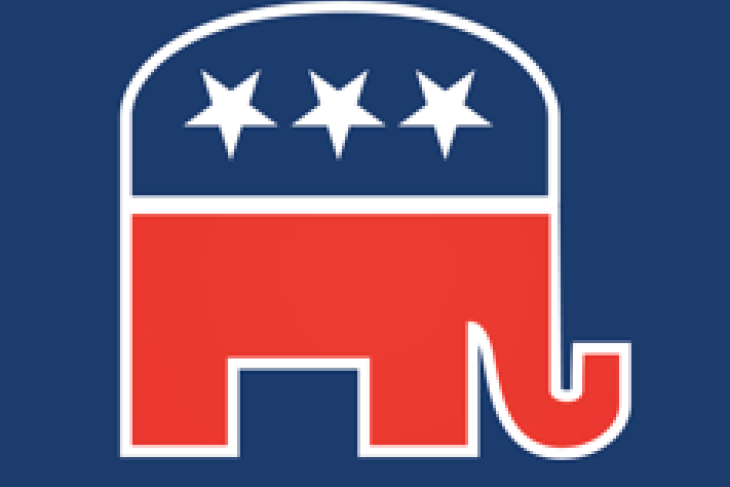The GOP had its first 2016 presidential debate last night, featuring the top ten hopefuls by recent poll numbers. Moderators Chris Wallace, Megyn Kelly, and Bret Baier asked tough questions, managed time well, and gave every candidate an opportunity to shine. Florida Senator Rubio seemed to be the consensus winner, and Ohio Governor John Kasich was arguably the runner up. Education, on the other hand, made a disappointingly brief appearance.
In our education policy primer for the event, Kevin Mahnken and I predicted that moderators would ask about higher education, Common Core, and nothing else. We batted two-for-three.
Fifty minutes into the debate, Twitter alit with eduwonk enthusiasm when Bret Baier, amidst boos from the audience, finally asked former Florida Governor Jeb Bush about the Republican lightning rod known as Common Core. “Governor Bush, you are one of the few people on this stage who advocates for Common Core education standards, reading and math. A lot of people on this stage vigorously oppose federal involvement in education. They think it should all be handled locally. President Obama’s secretary of education, Arne Duncan, has said that most of the criticism of Common Core is due to a ‘fringe group of critics.’ Do you think that’s accurate?”
Bush was prepared for this question, and his answer echoed what he’s been saying for the past six months when confronted on the issue: “I don’t believe the federal government should be involved in the creation of standards, directly or indirectly, the creation of curriculum or content….I’m for higher standards, measured in an intellectually honest way.” He quickly waded into calmer waters by talking about GOP-friendly education reforms like school choice, vouchers, accountability, and being tough on teachers’ unions.
Baier then tapped Rubio to challenge Bush on the standards, and a small Sunshine State tussle ensued. “Here’s the problem with Common Core,” the senator remarked. “The Department of Education, like every federal agency, will never be satisfied. They will not stop with it being a suggestion; they will turn it into a mandate. In fact, what they will begin to say to local communities is, ‘You will not get federal money unless you do things the way we want you to do it.’ And they will use Common Core or any other requirements that exist nationally to force it down the throats of our people and our states.” Rubio’s explanation matched his previous rhetoric on the subject.
Bush’s rebuttal was simple: “I think the states ought to create these standards, and if states want to opt out of Common Core, fine. Just make sure your standards are high.” This was consistent with a statement he made back in November that the CCSS ought to be the new minimum in schools. It also marked the end of the exchange, and no one mentioned Common Core for the rest of the night.
In the days leading up to the debate, higher education appeared to be the hottest education issue for candidates. Yet the only candidate to talk about it was Rubio, who did so rather briefly. Early on, in explaining why his experience was sufficient for the office of president, he asked, “How is [Hillary Clinton] going to lecture me about student loans? I owed over $100,000 just four years ago.” About seventy-five minutes in, among a long list of ways to improve the economy, he added, “We need to improve higher education so that people can have access to the skills they need for twenty-first-century jobs.”
The Department of Education also came up in passing, when Bret Baier asked a question from a Facebook user that read, “Will you abolish or take away the powers and cut the size of the EPA, IRS, and Department of Education?” Former Arkansas Governor Mike Huckabee fielded the question, and in a lengthy tirade against the size of the federal government said that “there is no role at the federal level for the Department of Education.” This was unsurprising, as Huckabee is one of five participants who wants to abolish the agency entirely.
All in all, it was a bad night for education. Big, oft-covered issues like the economy actually overlap with the state of our schools, so it’s a shame the moderators and the candidates didn’t find more and better ways to fit education in. Here's hoping the trend shifts in forthcoming debates.

